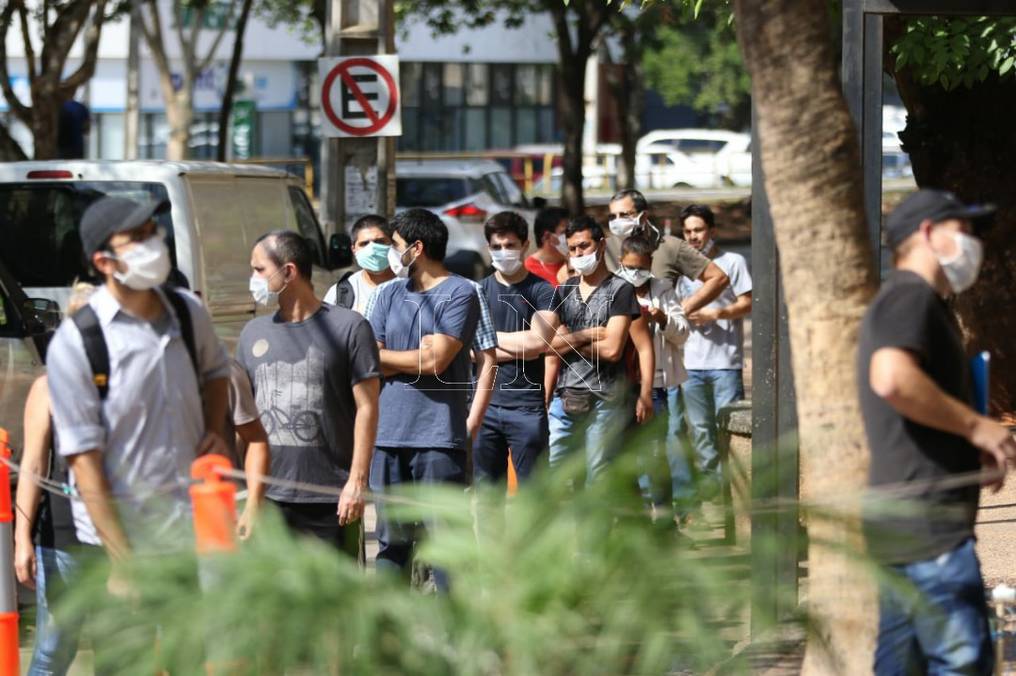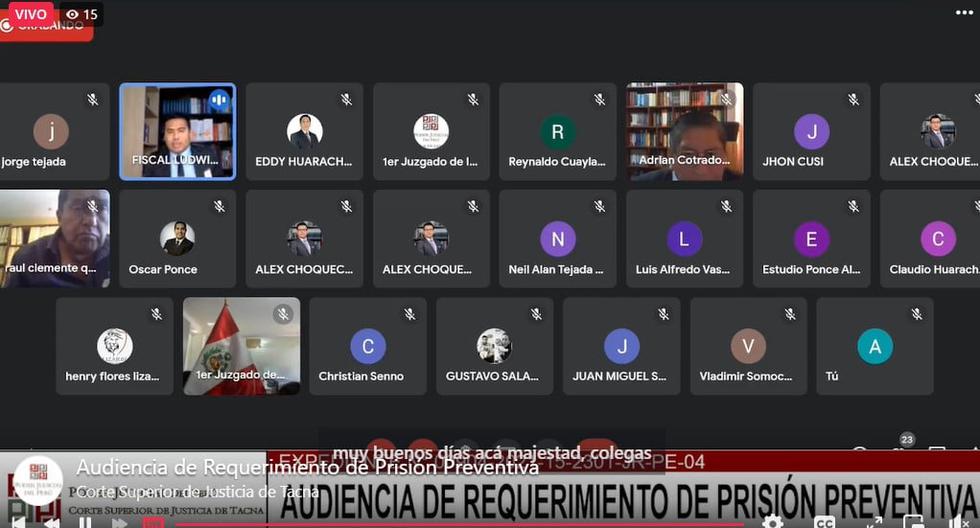The medical world is on alert for the detection of acute childhood hepatitis in the United States and Europe. Science is in the dark about its origin, but “lifelong” hygienic measures are the only ones that work against this and other diseases.
Dr. Ana Campuzano, president of the Paraguayan Society of Pediatrics, spoke with the Gen channel about the new acute hepatitis reported in Europe and the United States, but whose causes and origins are unknown, beyond the hypotheses that arise.
Jaundice in the initial phase, fever and lack of appetite for certain foods are some of the symptoms that should call the attention of parents and doctors for timely diagnosis and treatment.
Unfortunately, one of the first signs, jaundice (a yellowish tone to the skin), is not so easy to detect, according to the doctor, although she maintained that some people notice it.
He recognized that the scientific world is in the dark regarding the origin and forms of transmission of acute hepatitis and although there were suspicions of cases associated with adenovirus, in the end nothing could be demonstrated through studies.
However, the “lifelong” hygienic measures that have always worked with this type of disease are:
Frequent hand washing
Thorough and thorough washing of fruits and vegetables
Of the patients diagnosed in Europe, 10% underwent a transplant, due to the severity of the condition. In Paraguay there is no suspicious case, but there is a medical alert before a possible arrival.

















